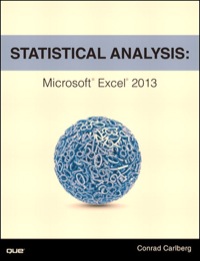. Which of the following is NOT TRUE? Select one: O a. If the stated rate is equal to the market rate on the issuance date of a bond, no premium or discount on the bond will need to be recorded. O b. Private companies are required to amortize bonds payable using the effective interest method. O c. Public companies are required to amortize bonds payable using the effective-interest method. d. All of the listed answers are not true. Notes Which of the following is TRUE? Select one: O a. When the carrying value of a bond is less than its retirement price, a gain on early debt retirement will be recorded Ob. A convertible bond allows for a bond to be converted at a future date into shares of the issuer's common shares O c. Interest payments to debtholders are not required to be paid if the company reports a net loss and subsequently no income. O d. None of the listed answers are true Notes Which of the following statements is TRUE? Select one a. Dividends and interest are both expenses related to corporate financing. O b. The statement of changes in equity statement reports dividends declared, as well as all gains or losses on disposal of long-lived assets. O c. Once a cash dividend is declared the corporation has a liability payable to its shareholders until the dividend is paid. O d. Stock dividends on common shares do not affect retained earnings. Note The statement of earnings would not include Select one: O a. the effect on prior years of changes in accounting standards O b. the effect of non-operating transactions. O c. the effect of discontinued operations. O d. the effect of impairment of goodwill. 2. Which of the following events decreases shareholders' equity? Select one: a. Payment of a previously declared cash dividend. b. Declaration of a 5-percent stock dividend. c. Declaration of a cash dividend for preferred shares. O d. Declaration of a 2-for-1 stock split. O d. Declaration of a 2-for-1 stock split. |||| -2 Which of the following statements is not correct? Select one: O a Ownership of common shares gives the owner a voting right. O b. If a company's shares are sold by one shareholder to another, this transaction must be recorded by the company, and Share Capital would increase. O c. The authorization of share capital does not result in a transaction that is recorded by the company. O d. Legal capital cannot be distributed to shareholders. No followind am de












